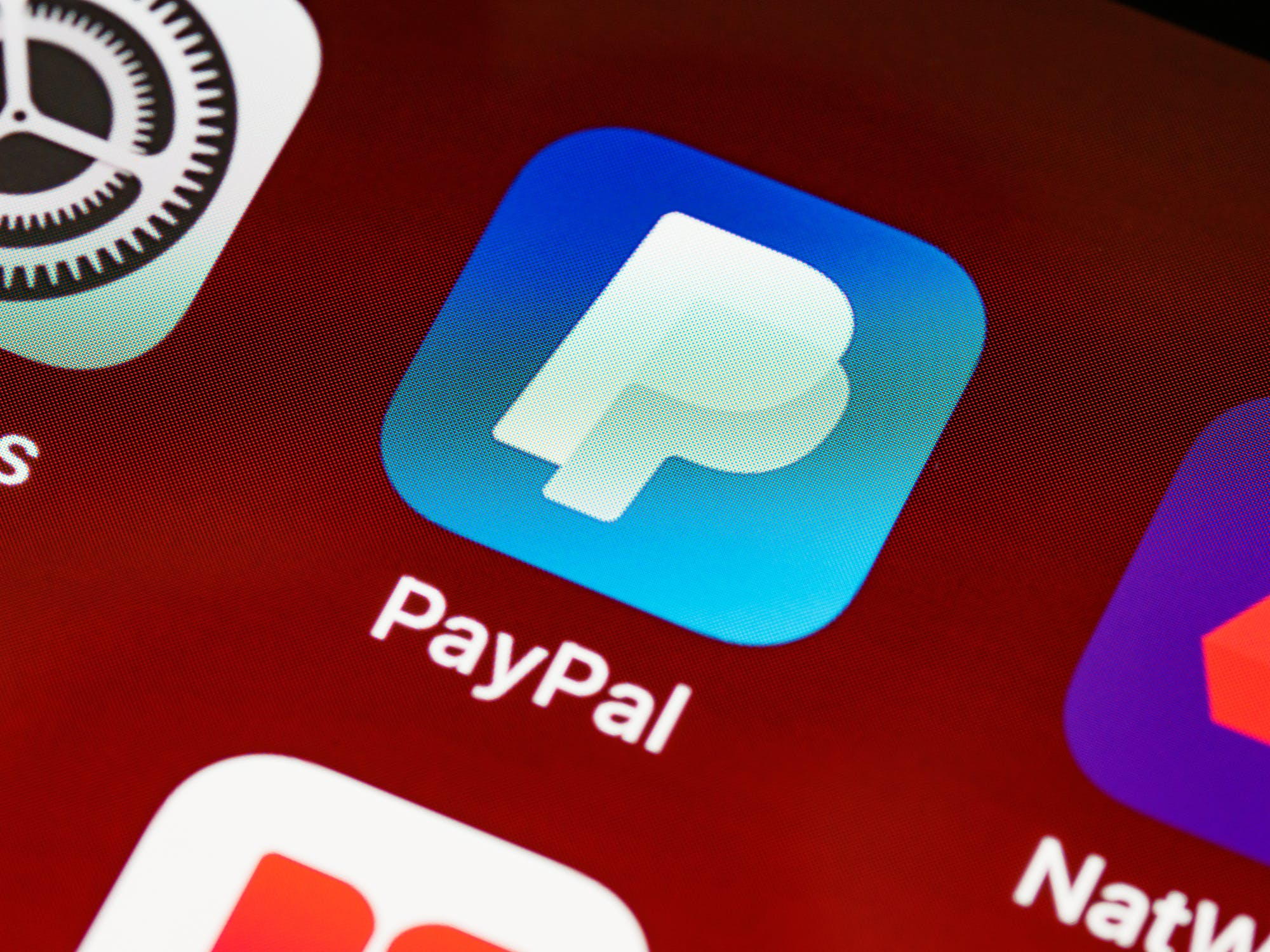PayPal has launched its own US dollar-pegged cryptocurrency, making it the first major financial technology company to launch a so-called stablecoin.
The PayPal USD (PYUSD) token formally launched on Monday and PayPal said it would become available “in the coming weeks” to US customers with PayPal Balance accounts.
The firm it would also be available “soon” on payments service Venmo, a PayPal subsidiary.
Stablecoins are pegged to the value of a major government issued-currency, but governments are still evaluating how to regulate them.

Payment, exchange focus
The supposedly “stable” tokens have not always proved to be so, as was shown with the spectacular overnight collapse of TerraUSD last year.
More broadly, PayPal’s move shows continued confidence in the crypto industry following a number of high-profile corporate collapses, most notably the crypto exchange FTX.
“The shift toward digital currencies requires a stable instrument that is both digitally native and easily connected to fiat currency like the US dollar,” said PayPal chief executive Dan Schulman in a statement.
The coin is based on the Ethereum blockchain and is issued by the Paxos Trust Company, a New York-based firm that provides regulated blockchain infrastructure.
Paxos was recently ordered to stop offering Binance’s BUSD coin as New York regulators cracked down on crypto firms.
Regulation in flux
PayPal said PYUSD could be used for person-to-person payments, to fund purchases at checkouts, can be transferred to third-party wallets and could be exchanged for other cryptocurrencies it supports, such as Bitcoin, Bitcoin Cash, Ethereum, and Litecoin.
Other major tech companies have tried and failed to launch stablecoins aimed for use in payments have met with fierce opposition from regulators, as was the case with the Libra coin developed by Meta Platforms, then Facebook.
Meta ultimately abandoned the project after financial authorities around the world warned it could destabilise the economic system and could be used for money laundering.
Countries including the UK and the EU have laid out rules for stablecoins, with the EU’s regulation set to come into force in June of next year.





